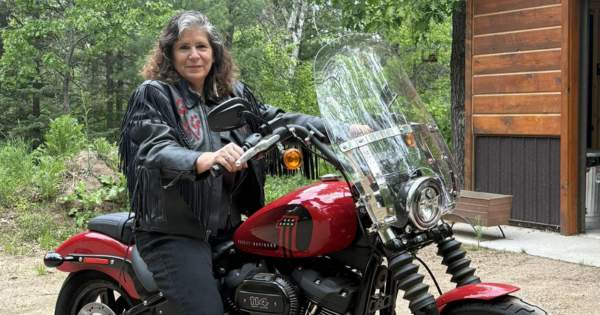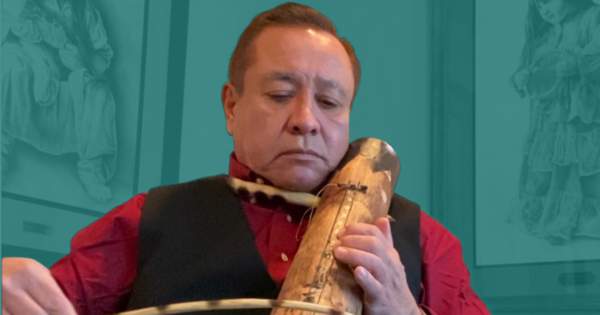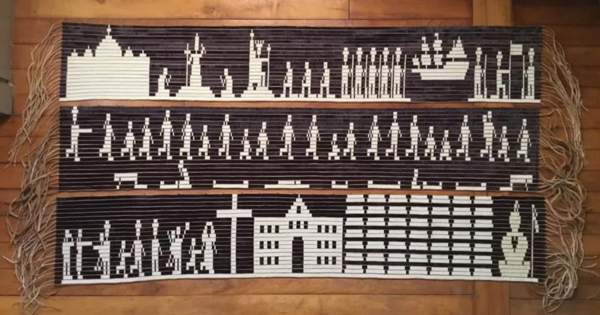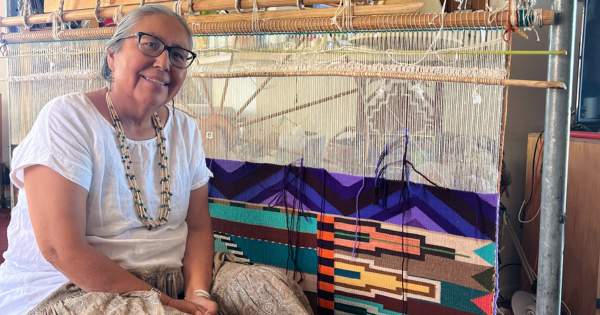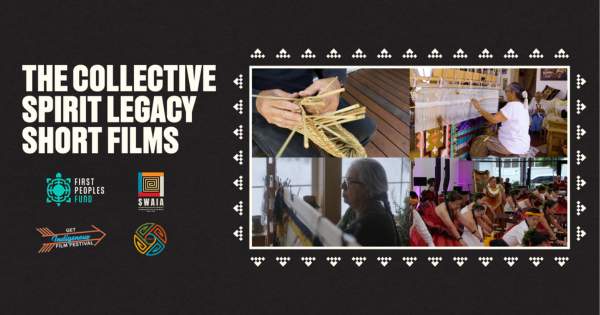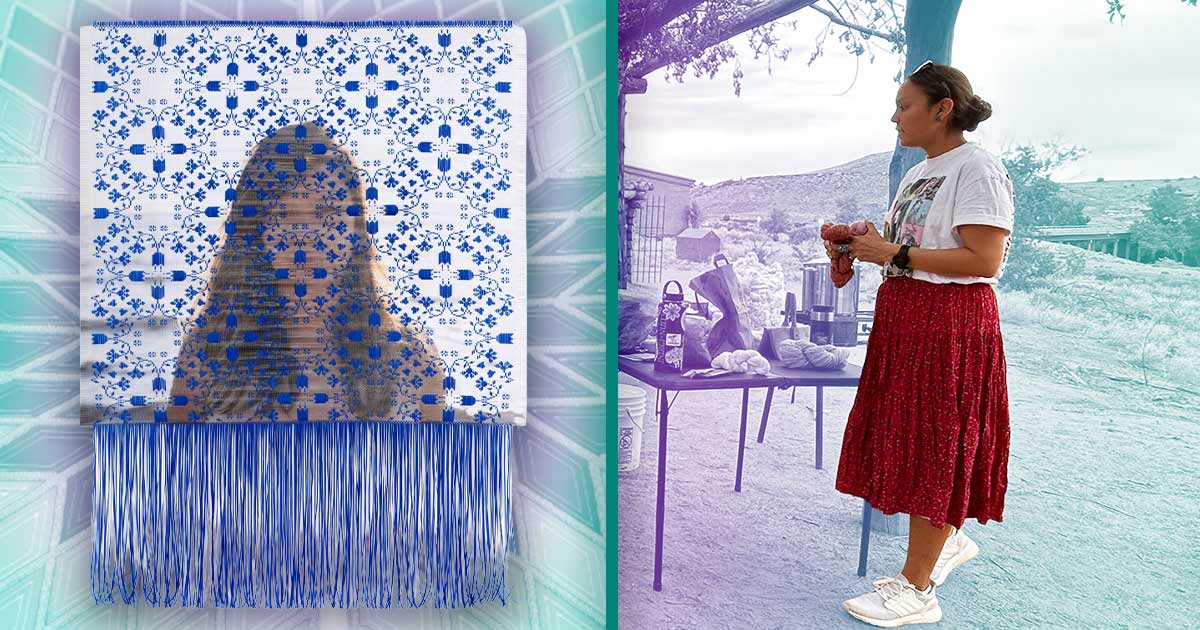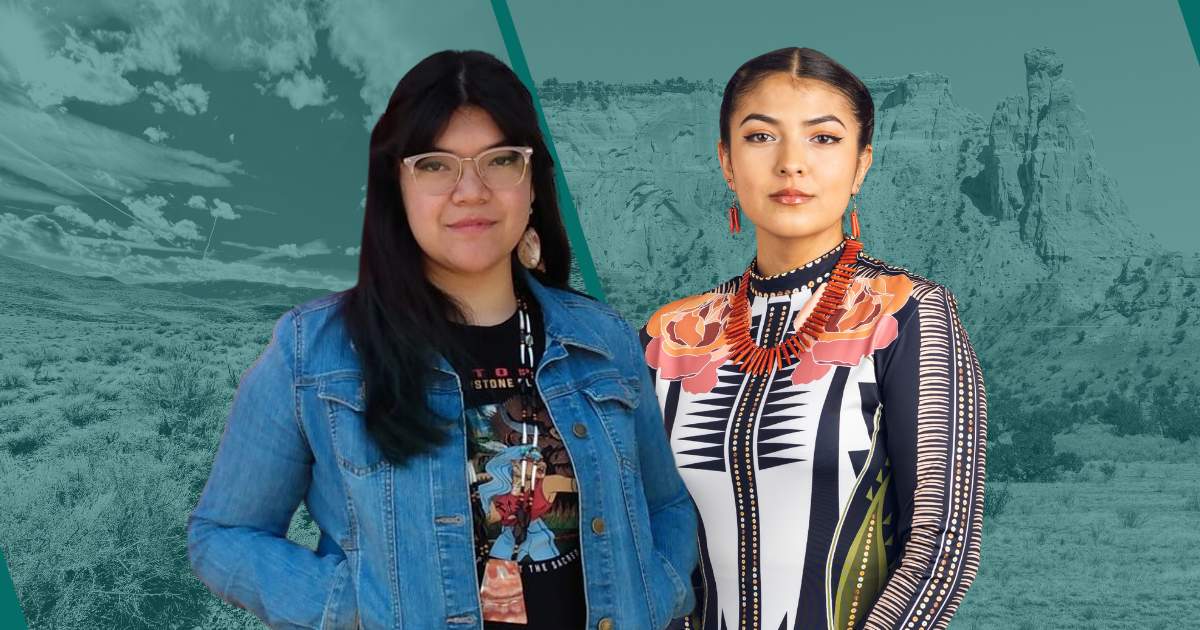
From Acting to Healing
Aaluk Edwardson (Iñupiaq) has been performing on stage since she was five years old.
She's performed classical work, new plays, experimental theater, dance theater, period plays and in film. In addition to acting, Aaluk has directed, sang, recited poetry and supported productions backstage. She is most drawn to performance with a social consciousness, theater that explores the infinitely perplexing nature of human emotion, and art that continually questions the nature of existence itself. Aaluk is a 2021 Cultural Capital Fellow.
Aaluk Edwardson (Iñupiaq) admits she can’t do it all, although she has accomplished plenty. She’s an actress, a singer, an emerging novelist, a playwright, a director, and a community facilitator. “I'm in my 30s,” Edwardson says. “And I feel like in your 30s, you realize you can't do everything, which is a good thing to realize.”
In addition to her artistic range, Edwardson is also the founder and director of Creative Decolonization, LLC, which is “dedicated to supporting decolonization efforts that use art and the creative process to learn, inspire and heal.” In fall of 2021, Creative Decolonization will launch an online course for students to learn what culture is while exploring their own cultural identities. Course topics will include “creative engagement in the service of culture” and “storytelling as a healing medium,” just to name a few.
The origin of Edwardson’s culturally-rooted creative projects started at home, in Utqiagvik, Alaska, when she began performing in community theater productions. Then, in 2004, she worked in recruitment at Iḷisaġvik College, Alaska’s only tribal college. Next, she worked in health and community grants for the Arctic Slope Native Association. Eventually, she moved from Alaska to New Hampshire with her three-year-old son to finish her undergraduate degree at Dartmouth College.
Yet Edwardson began to notice a disconnect between what people thought about her cultural identity, Inupiaq — known as Alaskan Eskimo when she was growing up — and what she understood it to be. The disconnect seemed to extend to other Native people she knew, too. “There was a misunderstanding about what it meant to be Iñupiat,” Edwardson says. “I was a cultural ambassador. I started trying to bridge cultural misunderstandings. I really fell in love with cultural exploration and the formation of identity, especially within the context of a collectivist society at Dartmouth. It was the missing piece I needed to really launch myself as a creative and cultural professional”
In 2019, Edwardson debuted ATTA, an Iñupiat play she wrote and directed that responded to swelling suicide rates for Iñupiat boys and young men. “My writing has always focused on digesting what it means to have a cultural identity alongside trauma, addiction, loss, or grief for the purposes of facing challenging emotions and healing.”
A year prior, Edwardson wrote an autobiographical poem that was published in a deeply personal anthology for teen survivors of sexual abuse. Edited by Erin Moulton, Things We Haven't Said: Sexual Violence Survivors Speak Out (2018, Zest Books) received positive reviews from Booklist and Kirkus Reviews.
“I've dealt with PTSD [Post-Traumatic Stress Disorder] my whole life,” Edwardson shares. “And a lot of people I know have as well.“ In her poem Where I Go When I Go Away, Edwardson mentions it’s “a really good example of exploring what it means to be whole while living with PTSD. The poem takes the reader on a journey to gain a deeper sense of personal empowerment through healing.”
“It’s through learning from this pain
That I’ll finally find that happy place
That I’ve heard about
but never thought I could attain.”
- From Where I Go When I Go Away by Aaluk Edwardson
Sovereignty Stories
“I’m honored to be selected as a fellow amongst the other incredible fellows,” she says.
As part of Edwardson’s Cultural Capital fellowship, her project Sovereignty Stories will be a virtual curation of unipkaat, or legends, told in both Iñupiat and English.
“Our legends bring me joy, hope, show me how to be and how not to be,” Edwardson says. “As an Iñuit artist, I stand on the shoulders of hundreds of generations of beautifully creative people. This fellowship will support the education, practice and sharing of these important ancient stories to help us work together as stewards of the land, sea, and sovereignty.”
Edwardson is currently producing five short media projects with Iñuit artists, filmmakers, videographers, and cultural knowledge bearers for Sovereignty Stories, a three-phase project designed to engage Inuit families across the Arctic in intergenerational storytelling conversations. The first phase of the project will launch in fall of 2021 with the release of a video, accompanied with culturally-rooted discussions and Inuit language learning resources. Follow the campaign on Bright Shores social media channels Facebook, Instagram, and YouTube, and sign up for the newsletter.
“The impact of this project is huge,” Edwardson says. “Bringing those old stories that encourage sovereignty, cultural empowerment, and community wellness will help us regain balance as Iñupiat.”
“And First Peoples Fund is helping with that. Thank you!”
- Aaluk Edwardson

